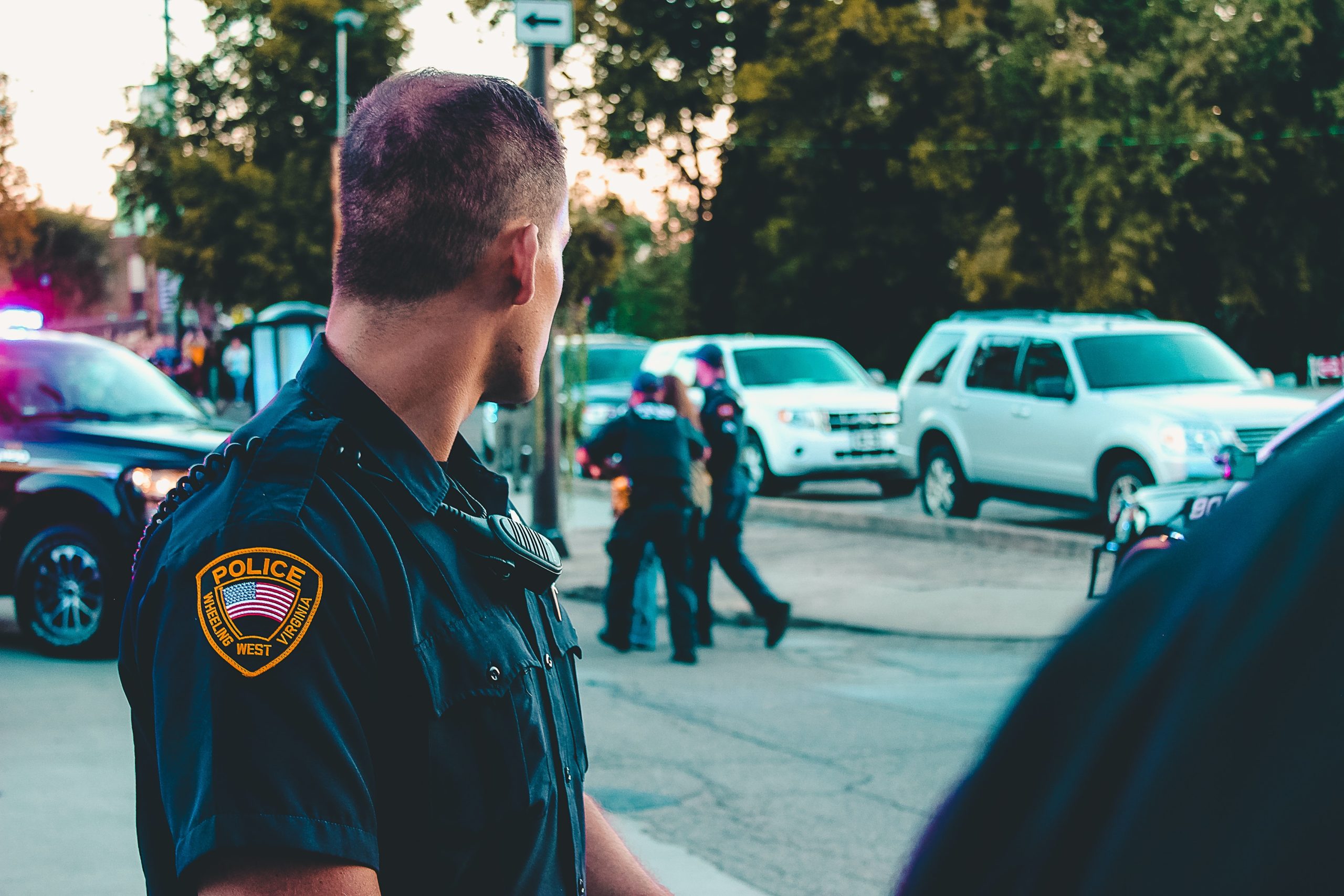
In response to recent protests about police brutality across the country, President Donald Trump signed an executive order regarding police reforms. Continue reading below to learn more about the changes laid out within the order.
The new executive order signed by President Trump covered different parts of police reform. To begin with, the order would create federal incentives through the Justice Department for local police departments that seek “independent credentialing.” This is done in order to certify that law enforcement is meeting higher standards for the use of force and de-escalation training. These standards would also include banning the use of chokeholds except for when “an officer’s life is at risk.”
In addition to this, Trump’s order would incentivize local departments to bring in experts regarding mental health, addiction, and homelessness. These individuals would be “co-responders” that assist officers as they manage “complex encounters.” This would also encourage the better sharing of information in order to track officers who have a record of abuse and prevent them from moving to different departments. The order directs the Justice Department to maintain a database that tracks officers who have been terminated or decertified, criminally convicted for on-duty conduct, or faced civil judgments for improper use of force. It emphasized the database would only track episodes where an officer was afforded fair process.
It is important to know that the order does not address the matter of qualified immunity. This is a legal doctrine that shields police from liability under certain circumstances. In addition to this, the majority of law enforcement decisions are made at state and local levels. This means that the order signed by Trump aims to only incentivise local departments to adopt these reforms, it does not mandate them to be followed.
Kevin T. Conway is an experienced Bergen County criminal attorney handling DUI, DWI, traffic violations, violent crimes, sex crimes, illegal gun possession, shoplifting, and juvenile crimes. Attorney Conway is also experienced in commercial law matters, zoning law, and estate planning. If you need an aggressive criminal lawyer, contact The Law Office of Kevin T. Conway for a free consultation.
© 2024 The Law Office of Kevin T. Conway. All rights reserved.